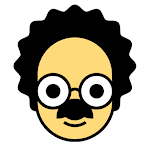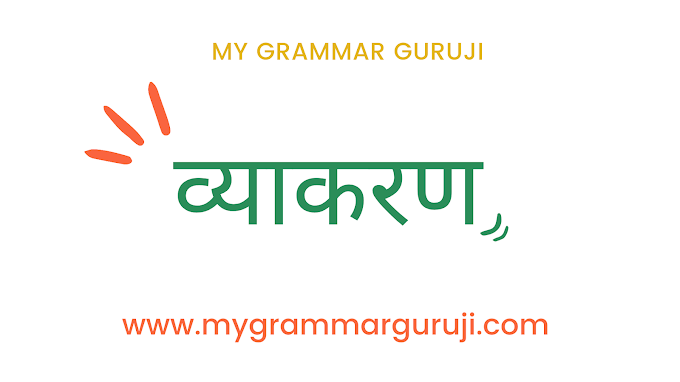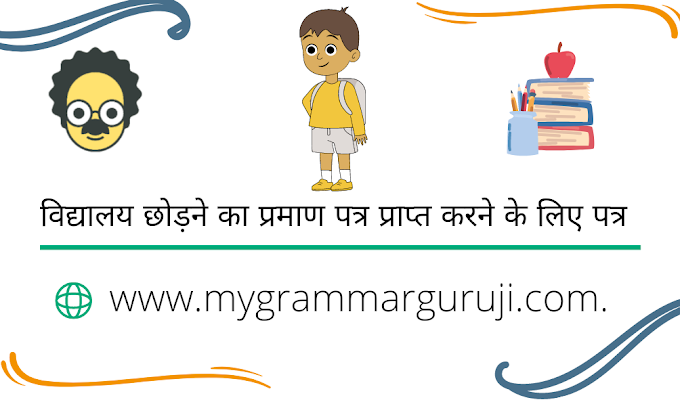पहचान : इस काल के वाक्य के अंत मे ता था, ती थी, ते थे, या, ई, आ इत्यादि शब्द आते हैँ|
Rules
I. To show Past Indefinite Tense in the sentence, we use Second Form of the verb. [He said so] Remember, that this is the only tense with its own stage of action in which Second Form of the Main Verb is used.
Subject + 2nd from of verb + object.
Note, that Second Form of the main Verb is used with the Subject of any Person or number.
II. In Negative Sentences, we use did not + First Form of the Main Verb. [I did not see her yesterday ] Use never for did not ever, [I never went there] since it will be little right to say that I did not ever go there. We say-I never talked to her. I did not ever talk to her.
Subject + did not + first form (v) + object.
III. In Interrogative Sentences, Did is placed before the Subject, and after the Subject, First Form of the Main Verb is applied. A question-mark is put at the end.
Did + subject + first form (v) + object ?
IV. In Interrogative Negative Sentences,
Did + Subject + not + first form (v) + Object?
हिंदी में »
I. भूतकालीन वाक्यों मे अनिश्चित काल को दिखाने के लिए, हम क्रिया के दूसरे रूप का उपयोग करते हैं। [उसने ऐसा कहा] याद रखें, कि यह एकमात्र ऐसा काल है जिसमें केवल मुख्य क्रिया का दूसरा रूप उपयोग किया जाता है।
Subject + 2nd form of verb + object.
II. Negative sentence मे, हम did not + first form of main verb का उपयोग करते हैं।
[मैंने उसे कल नहीं देखा » I didn't see her yesterday ]
Subject + did not + first form (v) + object.
III. Interrogative Sentences में, Did को Subject से पहले रखा जाता है, और Subject के बाद, Main Verb की first form प्रयोग की जाती है। और अंत में प्रश्न-चिह्न (?) लगाया जाता है।
Did + subject + first form (v) + object ?
IV. Interrogative-Negative Sentences में,
Did + Subject + not + first form (v) + Object?
1.Simple sentence.
Rule : SUBJECT + 2nd form of verb + OBJECT.
Examples
- तुमने एक पत्र लिखा
- You wrote a letter.
- मैंने उसे एक पुस्तक दी
- I gave him a book.
- उसकी आँखे आँसुओं से भर गयी
- His eyes filled with tears.
- भारत 1947 मे स्वतंत्र हुआ
- India became independent in 1947.
2. Negative sentence.
Rule : Subject + did not + first form + object.
Examples
- मैंने तुमसे झूठ नहीं बोला
- I did not lie to you.
- उसने मुझसे कुछ नहीं पूछा
- He did not ask me anything.
- उसने एक शब्द भी न बोला
- She did not utter a word.
- हम कल स्कूल नहीं गए
- We did not go to school yesterday.
3. Interrogative sentence.
Rule : Did + subject + first form + object ?
Examples
- क्या मीटिंग दो घंटे चली?
- Did the meeting last two hours?
- क्या वह कीचड़ मे मुँह के बल गिरा?
- Did he fell on his face in the mud?
- क्या उसने जुड़वा बच्चों को जन्म दिया?
- Did she gave birth to twins?
- क्या तुम कक्षा मे प्रथम रहे?
- Did you stand first in the class?
4. Negative Interrogative sentence.
Rule : Did + Subject + not + first form + Object?
Examples
- क्या तुम मुझ पर ग़ुस्से से नहीं चिल्लाये?
- Did you not shout angrily on me?
- क्या मैंने तुम्हे वहाँ नहीं देखा था?
- Did I not see you there?
- क्या वह बाजार नहीं गयी?
- Did she not go to the market?
- क्या उसने खेल मे भाग नहीं लिया?
- Did he not take part in games?
1. "Wh" family sentence.
Rule : wh family + did + subject + first form + object?
Examples
- कल तुम कहाँ गए थे?
- Where did you go yesterday?
- तुमने मुझे क्यों नहीं बताया?
- Why did you not tell me?







No comments:
Post a Comment
Thank you! Your comment will prove very useful for us because we shall get to know what you have learned and what you want to learn?